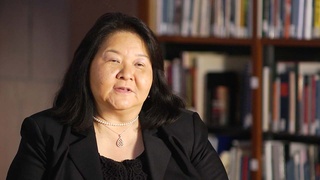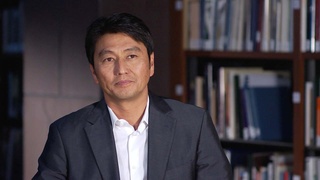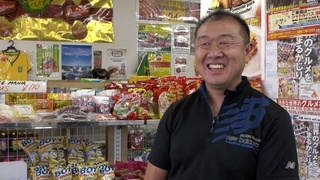Entrevistas
My image of America as a child (Japanese)
(Japanese) I didn’t know anything at all about America as a child in Japan. Really, I was a brat, and my parents let me do whatever I wanted, so, I thought it was to be expected that I could live the kind of lifestyle I was living. I had no idea that the money to support that lifestyle came from America.
America, to me, was the furniture in my house. Kitchen utensils, tools that my father brought back, carpenter tools, all sorts of tools. My toys, as well, were almost all made in America. So, that was America to me.
One thing I really couldn’t stand, though, was jeans. Like I said, I was a brat, and when I started going to elementary school I used to get my uniform dirty all the time. During the rainy season, though, in Kagoshima it can rain for up to twenty days in a row when it gets really bad, so even if you do laundry it never dries. My mother would end up washing both of my uniforms, and they would never dry. She used to get so frustrated, so one day my father just said, “This kid’s hopeless. Just have him wear jeans.” So, next time when I went to school, I wore jeans, and as soon as I entered the school gates probably the entire student body surrounded me, asking, “What is that? What are you wearing?” And there I was in jeans. There are students in the higher grades who’ll pick on you, too, you know?
Fecha: January 31, 2012
Zona: California, US
Entrevista: John Esaki, Yoko Nishimura
País: Watase Media Arts Center, Japanese American National Museum







